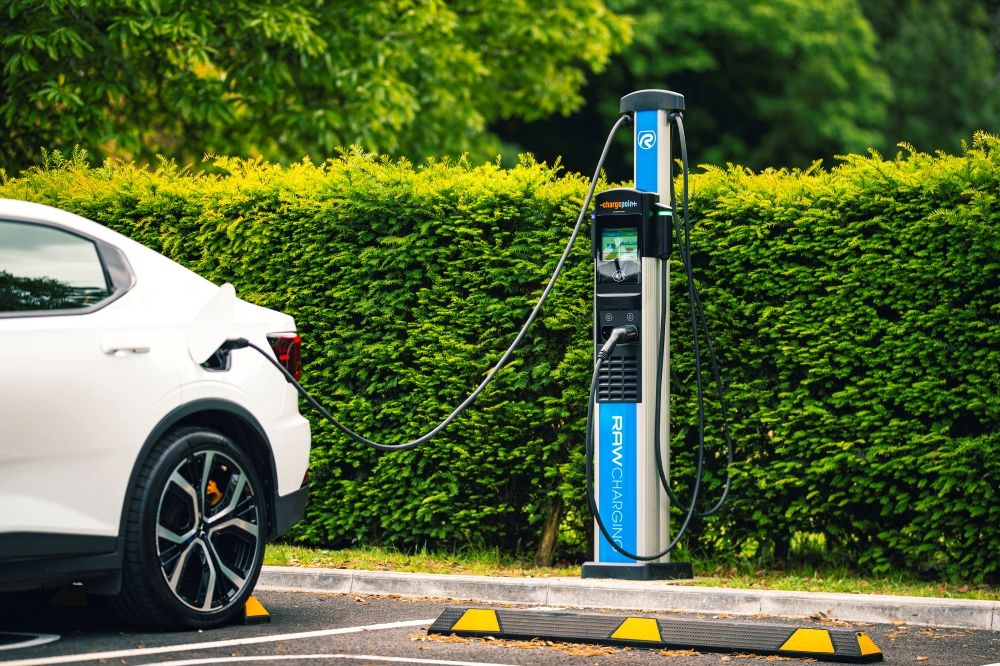Britain’s electricity network is the foundation on which the country’s net zero future will be built, but the sector stands at a crossroads. If we are serious about accelerating the transition to a decentralised, digitalised and decarbonised energy system, then changing the way we operate and connect to the grid will be vital. Bilgin Oralerkaya, Business Development Manager at Vattenfall, examines the challenges and opportunities in this area.
The number of customers seeking grid connections has soared in recent years, reflecting the country’s net zero ambitions. According to National Grid ESO, the total size of queued generation and storage capacity is 700GW (over nine times Britain’s current total generation capacity).
There is clearly a huge appetite for investment in renewable energy and electrification, but many projects are experiencing connections gridlock. Some face waiting times of up to 15 years to be able to connect to electricity networks. Reforms that can streamline the connections process and accommodate the growing demand are urgently needed.
Vattenfall’s Independent Distribution Network Operator (IDNO) business has understood the needs of connecting customers and created a new Grid Connections Consultancy to offer tailored solutions that can expedite the connection process. This can include power capacity and availability assessments, technical feasibility and due diligence assessments, applying for and developing the grid connection, managing tender processes with electrical contractors and overseeing the works on site.
With a focus on leveraging expertise and modernising the connections process to account for innovation, renewable energy developers and businesses in need of more power, can expect a faster, more customer-focused service, for new connections, especially given the current bottleneck of upgrade works on the existing grid.
Data centres, for instance, consume substantial energy, accounting for around 1-1.5% of global electricity use. The UK is becoming a major data centre hub with large, GW-scale data centres set to become the norm. Given their power demand, both in terms of grid capacity and continuous power availability, they must connect seamlessly to local power networks.
Changing EU regulations around environmental, social and governance reporting means they also need to integrate on-site renewables and integrate into local heat networks where possible, adding another layer of complexity for the grid connection.
Localised assets – such as solar farms connecting at EHV level, manufacturing and heavy industry – are also pivotal as part of a clean energy system. But the complexities of applying for and securing a connection, coupled with the unrealistic length of time businesses are expected to wait before coming online, risk deterring much needed electrification and investment.
Today, more than a quarter of all generation, including a significant amount of renewables, is connected at distribution level which poses significant connection challenges. This includes obstacles in balancing supply and demand across tight timescales along with capacity and curtailment issues on the grid itself. Businesses looking to connect frequently need support in navigating this challenging landscape.
Some of the projects currently waiting for a connection are speculative or non-viable. But the trend is undeniable and irreversible. Renewable energy sources (including wind, solar, and battery energy storage systems), growing numbers of electric vehicles on Britain’s roads, new business sectors like data centres, and the increasing electrification of heat all necessitate a grid that is not only resilient, but innovative and flexible.
Wider reforms orchestrated by Ofgem and National Grid ESO are welcome, but businesses still face a daunting task. They shouldn’t have to struggle to get a connection, which holds back their business and deters investment in the UK. The support and guidance offered is patchy and the process is too complex. We will only kick our fossil fuel habit if we decarbonise our economy, which means supporting businesses and making life simpler for them.
Image courtesy of Vattenfall.












